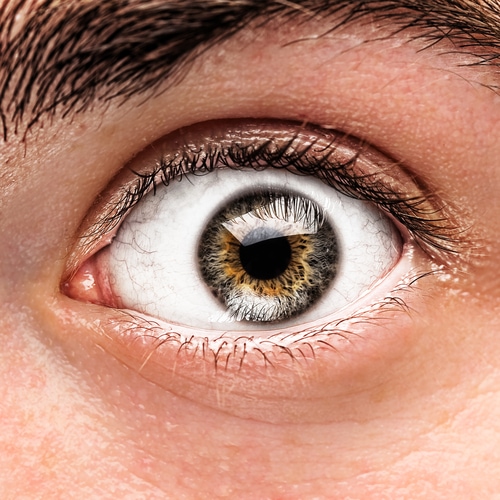By: Design for Change Recovery
Categories:
Are There Other Uses For EMDR Therapy?
You are here:A breakthrough therapy in post-traumatic stress treatment is gaining widespread use for several other conditions and disorders, including addiction. Eye Movement Desensitization and Reprocessing, called EMDR for short, is being hailed for its effectiveness and rapid results in patients who’ve had limited success with traditional talk therapies.
EMDR was developed in the 1980s by Dr. Francine Shapiro, an American psychologist. The theory behind EMDR therapy is that, much as the body heals itself from an injury, the mind also seeks to recover from trauma and emotional distress. If a foreign object festers inside a physical wound, pain results, and healing is delayed until that object is extracted. Once the blockage is removed, the body quickly recovers. In trauma or distress cases, healing is delayed until emotional blockages – that is, painful memories – are eliminated.
Through a process called bilateral stimulation of the eyes, the therapist targets painful memories described by the patient, who follows the therapist’s finger as it tracks across the patient’s vision line. The painful memory is “reprocessed,” much like events in our daily lives are reinterpreted during the Rapid Eye Movement (REM) phase of sleep and dreaming.
EMDR therapy consists of eight phases, which begin with the therapist taking a detailed history of the patient’s traumatic experiences and carefully assessing their coping skills. Bilateral eye stimulation begins in phase three and makes up half of the total treatment. Depending on the nature of the trauma, recovery may occur in just six to 12 sessions.
The result is a mental re-circuiting of the trauma, which is transformed into feelings of empowerment for the patient. In this way, patients move from being victims to being survivors of their traumatic experiences. Patients who undergo EMDR report feeling stronger at the end of treatment and peace with their past.
EMDR is also useful in treating panic and anxiety disorders, phobias, and addiction since these disorders typically have their roots in traumatic experiences. In cases where addiction is not the result of trauma, EMDR is still helpful because addiction inevitably results in emotional distress. EMDR is particularly successful in preventing relapses.
Hope exists in recovery. Design for Change offers a refuge for addicts seeking recovery in a long term residential program with a full continuum of care options. Grounded in the 12 step philosophy, our programs focus on creating change by taking action. Call us today for information on how we are changing lives, one step at a time.


